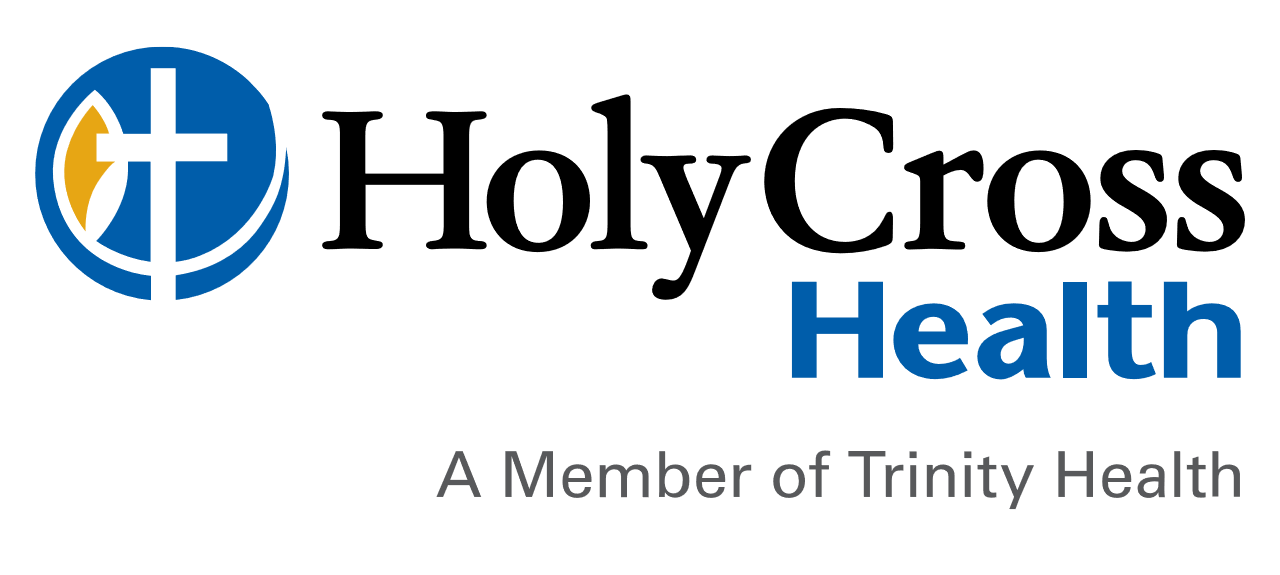Breast cancer awareness goes beyond October
During the month of October, there are many conversations surrounding breast cancer awareness, with the color pink taking center stage. As with any cancer, breast cancer is not marked by a particular month. Therefore, breast cancer must be at the forefront of our minds all year round.
Screening Guidelines
Women who are at average risk typically receive a breast exam at their annual gynecological visit. Additionally, self-exams on a routine basis allow for detection of anything unusual at the earliest stage.
Breast cancer doesn’t discriminate by age. Although less common, there have been cases of teenagers and women in their 20s and 30s who have been diagnosed.
The United States Preventative Task Force (USPTF) released new mammogram screening guidelines in which they advise mammograms every other year beginning at age 40. This differs from their previous guidelines, which recommended initiating mammograms at age 50.
While this information received significant media coverage, it is important to keep in mind that the American Society of Breast Surgeons (ASBrS), American College of Radiology (ACR), American Cancer Society (ACS) and American College of Obstetrics and Gynecology (ACOG) have previously recommended and continue today to recommend screening at age 40.
This brings the recommended age in USPTF guidelines more in line with those of the other societies, however, the USPTF recommends every other year screening, rather than annual, which remains a key difference.
Annual screening is still recommended by the aforementioned groups in average risk women.
Personalized Risk Assessment
However, as we move toward more tailored approaches in healthcare, the best way to determine a breast cancer screening routine is to undergo a formal risk assessment. A risk assessment is a review of a patient’s family and medical history to predict five year and lifetime risk of breast cancer and guide the breast screening approach. Holy Cross Health provides risk assessment calculations on all screening mammogram reports. A formal risk assessment can be performed by the breast surgical team at Holy Cross Health followed by a discussion of next steps.
I always recommend establishing a longstanding relationship with your healthcare provider so they can really get to know you. The key is to be honest with your physician. Ask relatives questions about family health history and relay this information to your physician. Don’t hold anything back. Honesty, transparency and early detection saves lives.
How Holy Cross Helps
At Holy Cross, we believe that income should never stand in the way of receiving healthcare services. Holy Cross Health's Partners in Breast Health (PIBH) program was created in 2011 to provide outreach education, clinical breast exams, screening mammograms and diagnostic procedures for uninsured, lower income and minority women aged 40 and older who lack access to healthcare services and who are living at or below 200% of the federal poverty level. Uninsured symptomatic women who are younger than 40 also qualify. Follow up is included to assist patients with additional diagnostics, treatment and special needs. The goal of the program is to reduce late-stage breast cancer diagnosis and decrease death in minority populations.
Accredited by the National Accreditation Program for Breast Centers and the Commission on Cancer, the multidisciplinary team at the Michael and Dianne Bienes Comprehensive Cancer Center at Holy Cross Health consists of breast surgeons, medical oncologists, radiation oncologists, plastic and reconstructive surgeons, radiologists, pathologists, oncology nurses and psychological, social and spiritual support personnel, as well as a Patient Navigator to coordinate the interactions and guide the patient through the process. Genetic counseling is also available. Holy Cross participates in clinical trials and qualified patients are given the option to participate on a case-by-case basis.
Jessica L. Burgers, MD, FACS, is a specialist in Breast Surgical Oncology at the Michael and Dianne Bienes Cancer Center at Holy Cross Health, 4725 N. Federal Highway, Fort Lauderdale. She can be reached at Jessica.Burgers@holy-cross.com or (954) 542-6700.
This blog post also appeared as an op-ed in the Sun Sentinel.

